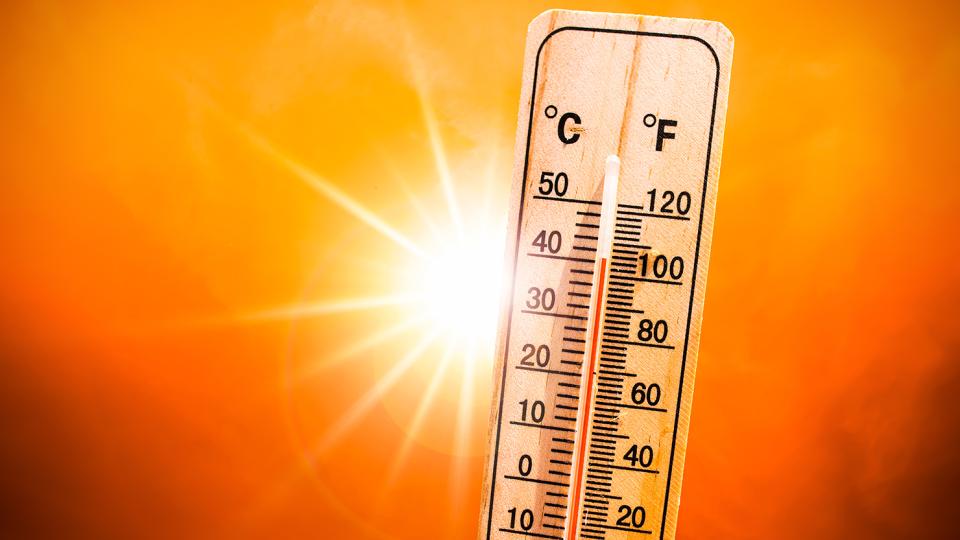North Carolina is getting hotter
Extreme heat is when it stays very hot for a long time.
Most parts of NC are projected to see at least two or three extra weeks of very hot days, with temperatures 95°F or higher.
More hot days, hotter nights and longer heatwaves can cause serious health problems.

4 Ways to Stay Safe in Hot Weather
Stay Hydrated
Drink lots of water during the day — even if you’re not thirsty. Avoid too much caffeine or alcohol, which can make you more dehydrated.
Limit Time Outside
Try to avoid being outdoors during the hottest part of the day (usually between 11 a.m. and 4 p.m.). Wear lightweight, loose-fitting clothes, and take breaks in the shade or indoors.
Find Cool Places
If your home doesn’t have air conditioning and the temperature is above 95°F, go to a public building like a library or community center to cool off.
Stay Informed
NCDHHS sends heat alerts when temperatures get dangerously high. Sign up to get NC heat alerts.
Preparedness and Response
State and local public health teams protect public health during extreme heat events. Preparedness and response plans are critical.
- Heat Action Plan Toolkit for Local Health Departments and Governments (DOCX)
- Governor Stein Proclaims May 25-31 NC Heat Awareness Week
- 2019 Statewide Heat Emergency Response Plan (PDF)
- Public Health Preparedness and Response
- NC Emergency Management
- Heat Health Information for Health Care Providers (CDC)
Extreme Heat
What communities can do to prepare for the health effects caused by extreme heat

